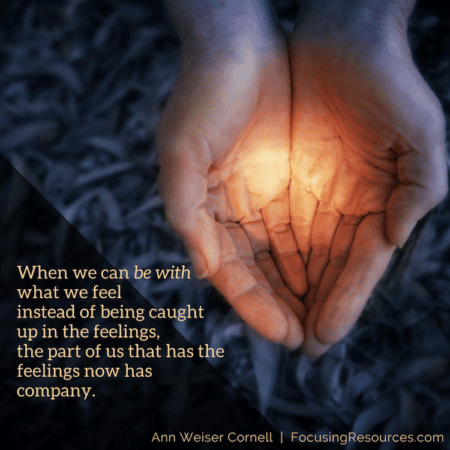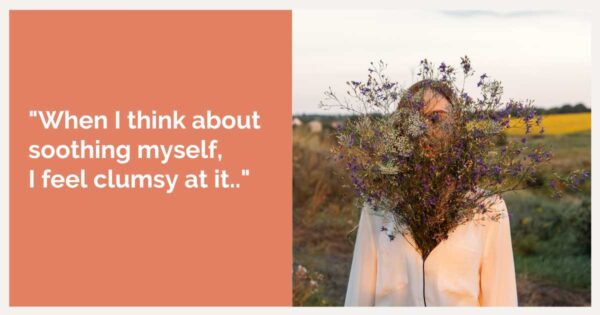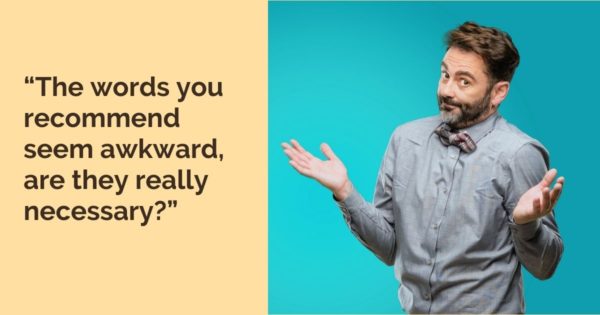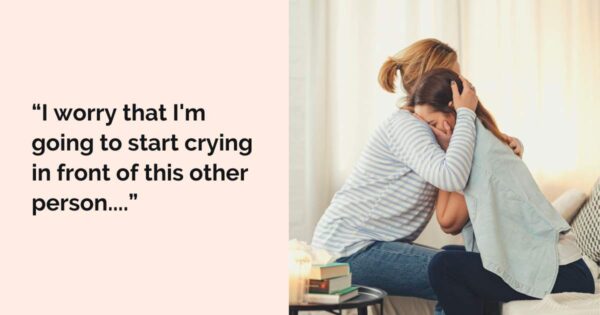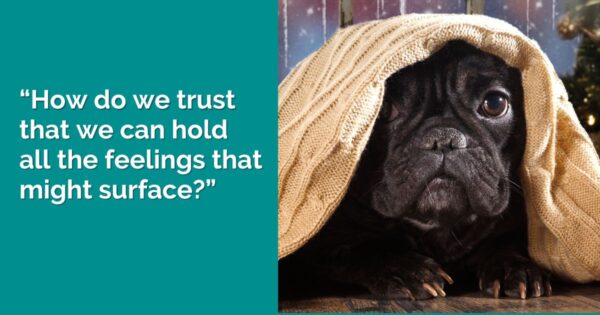“Can it be counterproductive to focus endlessly on a decision?”
~~~~~~~~~~~~~~~~~~~~~~~~~~~~~~~~~~~~~~~~~
A Reader writes: “I am personally in a very rewarding decision process at the moment. I have been in a long distance relationship for three years, and a couple of months ago I moved to my partner’s home country to test what it felt like to live together for real. I had been struggling over whether I wanted to live with him and I was hoping to get more clarity by just doing it — moving to live with him.
“Now I know more. I find I am not feeling really happy, living here, and we have some difficult relationship issues. A part of me feels really relieved, if I imagine going back home. But still it breaks my heart if I think that our very loving relationship must end.
So both parts seem to be very important.
“I’ve been struggling with this decision for such a long time now and I am worried that staying much longer in this undecided state is dangerous for my health and my emotional stability. I was hoping that Focusing would help me to find a decision that really feels right for me but so far I just made little
steps and even after five weekends and a lot of inner work I am not feeling clear.
“So my question really is: is it sometimes better to just make a decision if you don’t feel that you can stand it any longer? In other words: Can it sometimes – especially because I am a person who reflects and weighs the different possibilities intensively anyway- be counterproductive to focus ‘endlessly’ on
one’s decisions?”
Dear Reader,
In your first sentence you called it “a very rewarding decision process.” So at least from one perspective, you are finding this process rich and rewarding! But something in you is ready to stop, ready to just decide something, anything, to end the painful back and forth.
When I work with people on decisions, I find there are typically four parts involved:
(1) a part that doesn’t want to make the decision;
(2) a part that wants to get the decision over, to make it, one way or the other;
(3) a part that wants Option A; and
(4) a part that wants Option B.
It sounds like you are encountering an intense form of Part #2: “Just get this over with, it’s too painful, I’m tired of the struggle, it’s hurting my health and my emotional stability to be so undecided.”
But I’m not going to tell you that that part of you is any more wise and worth acting on than any other part of you.
It does, however, have something important to tell you (as do all the parts).
My advice would be to BE Self-in-Presence first of all. It sounds like you might be feeling kicked around by this long decision process, tired of it all, and that YOU might want to really acknowledge that part of you feeling really tired of the whole thing. And notice if you get at least a breath of relief when you simply acknowledge that much.
What’s been a key for me when I make big decisions is to remember: my job is to keep including all of me. I believe that one reason a decision can be hard to make is that we seem to be confronted with options that all feel not completely right.
After all, if any option felt completely right to you, this would not be a big deal, right?
So living with your sweetheart in his country, or not living with him, both feel wrong. Partly right, and partly wrong.
And if that was all there was to it, we might as well flip a coin and get it over with. Luckily, there is more.
Deep Listening from Self-in-Presence Brings Change
We think we’re at an impasse, we think we’re stuck, because every choice feels partly right and partly wrong.
In my experience, the way through comes when we (Self-in-Presence) take the time to listen deeply to what is UNDER those different choices.
You’d start by saying, “A part of me wants to _________________ and another part of me wants to __________________________.” Those are the two sides of the decision, and they can be treated as parts of you that can be sensed in the body.
(No matter what words you use to fill in those blanks, you may find them changing as you do Focusing, so feel free to let them change.)
After acknowledging both, you can sense which one needs the first turn… but assure both that they will get a turn. Then listen for what each one is NOT WANTING to have happen to you (that is its protective tendency) and what it is WANTING you to be able to feel. You might discover, for example, that one side wants you to feel a warm sense of loving connectedness. Perhaps the other side wants you to feel strong and powerful.
You’ll almost certainly find that the two wantings are not contradictory. This is an exciting moment. The choices were contradictory, but the wantings are not. I believe a new possibility comes into existence at this moment, and what happens next cannot be predicted. It’s a rich and rewarding
process indeed! And what may happen is that a new possibility emerges that wasn’t one of the original two. From here, you can’t even see it. But from the other side, after holding the listening space, it emerges.

